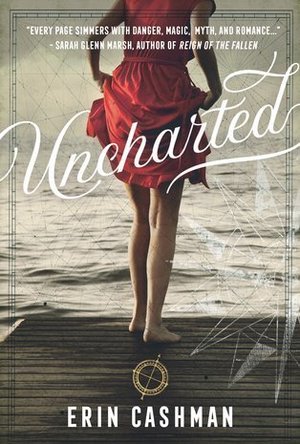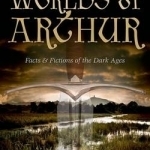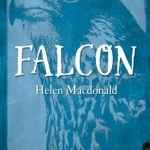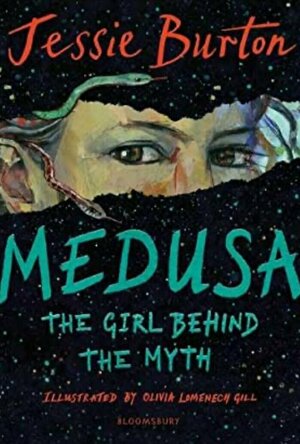
Indiana Jones and the Dance of the Giants
Book
Indiana Jones has landed his first teaching post, in the archaeology department at London...

Uncharted
Book
Seventeen-year-old Annabeth prefers the fantasy of her books and paintings to reality—because in...
Pagan's Progress: A Geography Primer
Book
In an age of ecological turbulence, our understanding of the hills, rivers and fields we live among...

Autobiography by the Horse
Book
Sara Wyche's Autobiography by the Horse is a unique read as it examines the history of horses...

Uncle Drew (2018)
Movie Watch
After draining his life savings to enter a team in the Rucker Classic street ball tournament in...
comedy

Worlds of Arthur: Facts and Fictions of the Dark Ages
Book
King Arthur is probably the most famous and certainly the most legendary medieval king. From the...

Falcon
Book
The fastest animal alive, the falcon deserves attention not just for the combination of speed,...
ClareR (6062 KP) rated Barrowbeck in Books
Aug 5, 2025
Barrowbeck starts off as a cautionary folk tale (more the “everyone dies horribly” type, granted, but it still has a hint of the myth and legend about it), and then each story brings us closer to the modern day and beyond.
There is something in Barrowbeck that needs payment of some sort - a devil or a demon? We never see it, but we do see what it drives people to.
I don’t know if I could even describe what happens in this. It’s a series of interlinking short stories, and I didn’t know where I was being taken next, but I was happy to go! There were some seriously sinister stories in this gem of a book. The last story, although extreme, really didn’t feel all that far fetched. The extreme ramifications of Climate Change are only around the corner, after all.
This is a firm favourite - wonderful writing, and a really unnerving collection of stories. And if you haven’t read Starve Acre yet, get on it!
ClareR (6062 KP) rated Medusa: The Girl Behind The Myth in Books
Sep 28, 2021
One day, a boy lands his boat on the island - it’s Perseus.
We see the side of Medusa that the original myth writers would never have imagined: a young girl who is taken advantage of, vulnerable, used by men for their own pleasure, and then blamed for something that she has no control over.
In the original stories, she gets her just desserts. Medusa is ugly and not to be trusted. It gives an insight into how men regarded women at this time. Be subservient. Be a virgin. Don’t get raped, and if you do, it’s your own fault - you brought it on yourself (I can feel my blood pressure rising just thinking about this). Women don’t come out of myth and legend terribly well.
I absolutely loved this. Medusa isn’t a meek, mild victim, but neither is she evil. She knows, or has some idea anyway, her glance can cause a lot of damage - so she hides herself away.
And in this story, not a single head is lost.
The illustrations are gorgeous as well.
I wonder if Jessie Burton will write more Greek myths in this way? Because I’m all in!
Many thanks to Bloomsbury Children’s Books for my copy of this gorgeous book through NetGalley.
The Song of Middle-Earth: J. R. R. Tolkien's Themes, Symbols and Myths
Book
Available for the first time in paperback, this is the pre-eminent critical study, and exploration,...


